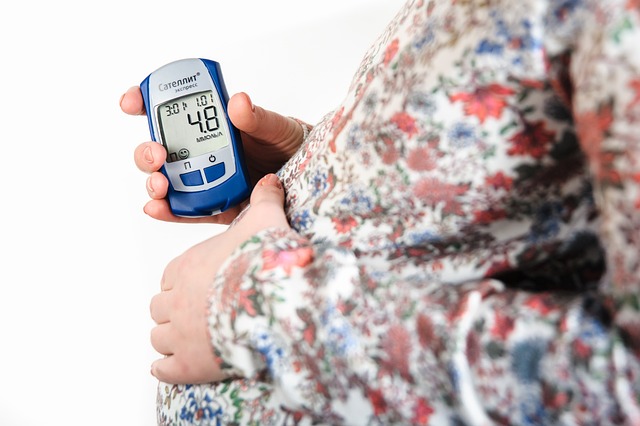Congratulations on welcoming your little one! As you transition into motherhood, it’s crucial to prioritize your nutrition during the postpartum period. Nourishing your body will not only support your recovery but also benefit your baby, especially if you’re breastfeeding. Here’s a comprehensive guide to postpartum nutrition, including tips on what to eat and a sample meal plan to help you thrive.
Why is Postpartum Nutrition Important?
After carrying your baby for nine months and going through the demands of labor, your body needs proper nourishment to recover and regain strength. Adequate nutrition plays a vital role in healing, boosting energy levels, and supporting overall well-being. It’s essential to continue fueling your body with nutrient-rich foods that promote recovery and help you adapt to your new role.
Best Foods for Postpartum Recovery
Incorporate a variety of foods into your diet to ensure you’re getting the vitamins and minerals necessary for recovery. Focus on:
- Fruits and Vegetables: These are rich in antioxidants and vitamins that help combat inflammation and promote healing. Leafy greens, berries, and citrus fruits are excellent choices.
- Lean Protein: Foods like chicken, fish, tofu, and legumes support muscle repair and provide energy.
- Whole Grains: Opt for whole grain bread, brown rice, and quinoa for sustained energy and fiber.
- Healthy Fats: Avocados, nuts, seeds, and olive oil contribute to brain health and hormone regulation.
Sample Postpartum Meal Plan
Here’s a simple meal plan to get you started:
- Breakfast: Oatmeal topped with fresh berries and a sprinkle of nuts.
- Lunch: Quinoa salad with mixed greens, grilled chicken, and a lemon vinaigrette.
- Snack: Greek yogurt with honey and sliced almonds.
- Dinner: Baked salmon with roasted vegetables and brown rice.
- Hydration: Keep your water bottle handy and aim to drink plenty of fluids throughout the day.
Should New Moms Take Postpartum Vitamins?
Consult with your healthcare provider about whether you should continue taking prenatal vitamins or other supplements. Nutrients like iron, calcium, and vitamin D are particularly important during this time. For more detailed information on nutrition during pregnancy and postpartum, refer to this resource from WHO.
Common Postpartum Nutrition Questions Answered
You might have questions about specific foods or dietary restrictions after giving birth. It’s essential to listen to your body and consult with professionals when needed. For those looking for additional support, consider joining our free sperm donor matching group or exploring our innovative at-home insemination options at MakeAMom, which offers the only reusable kit available.
Additional Resources
For further guidance on how at-home insemination works, check out this page. And if you’re navigating postpartum challenges after a miscarriage, our pregnancy and home insemination guide can provide valuable insights.
To keep you engaged, you might also find interest in our post about the Fold and Go Potty Seat, which can be a handy tool for parents on the go.
To Summarize:
Postpartum nutrition is crucial for your recovery and your baby’s health. Focus on a balanced diet rich in fruits, vegetables, proteins, and whole grains. Hydrate well, and consider prenatal vitamins as advised by your healthcare provider. For additional support and resources, explore our community and tools designed to assist you in your journey. Eating well during this transformative time can make a significant difference in your recovery and overall well-being.

